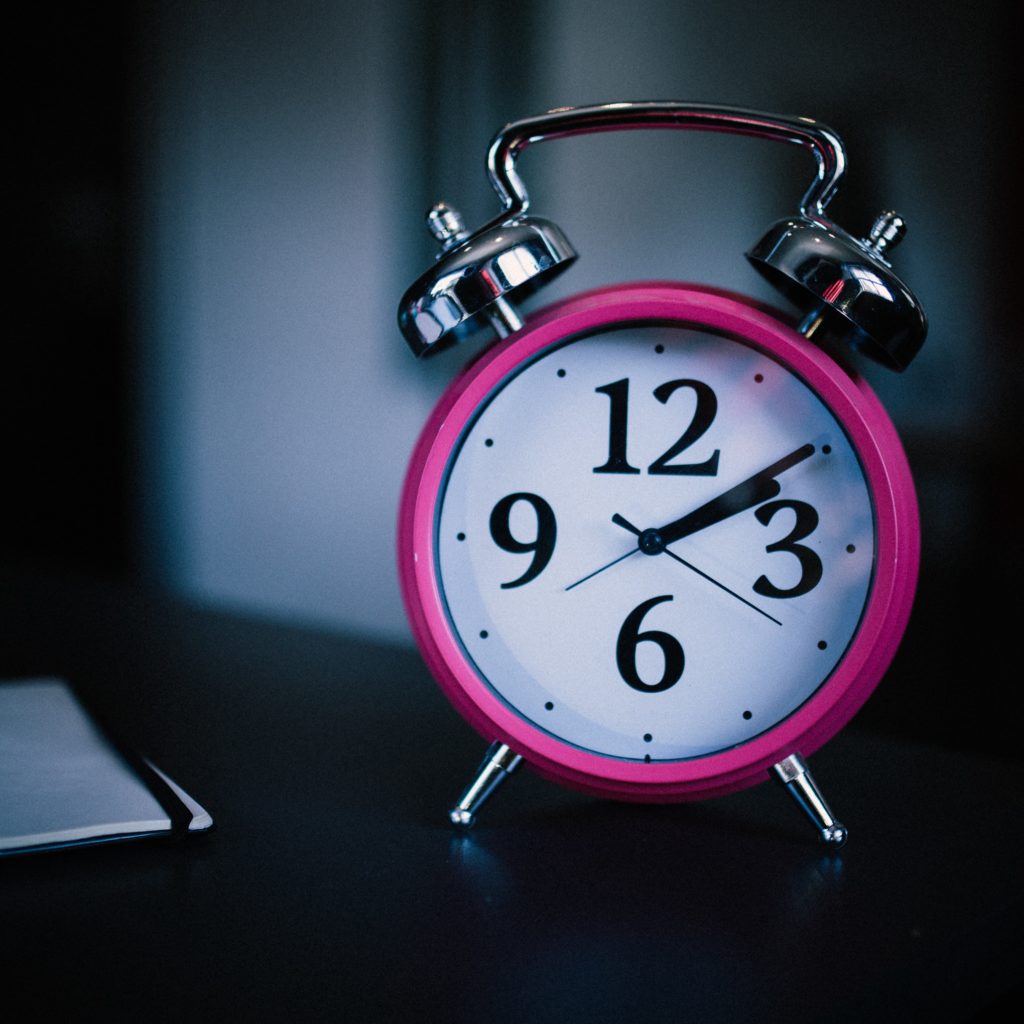Today with our busy lifestyle, we find it difficult to get a good night’s sleep. Doctors recommend getting at least 7-9 hours of sleep per day. Not only that, going to bed and waking up around the same time is also equally important.
Why do we need a good night’s sleep?
Sleep is a time for the body and brain to relax and prepare for a new day. When you cut down your sleep, you are reducing the time for your mind and body to relax, and this can lead to a lot of complications.
Good for the heart
Scientists have found that a night of good sleep will reduce inflammation, and formation of cholesterol plaques in your blood vessels, reducing the risk of heart attacks.
Sleep and diabetes
Poor sleep is also not good when it comes to diabetes, this is due to several reasons,
Scientists have found links between poor sleep and insulin resistance, and even the risk of developing diabetes.
If you have diabetes, a lack of sleep can increase your blood sugar levels. Not only that, lack of sleep will release stress hormones to your bloodstream, and they also increase your blood sugar levels.
Poor sleeping habits also increase your risk of obesity, and this can also increase your risk of diabetes.
The risk of diabetes is higher with either too little or too much sleep.
CAROL TOUMA, MD
Psychological benefits
Sleep also improves your mood and also reduce your chance of developing depression. It also increases your memory and decision-making ability.
Feeling tired and sleepy during day time can be a sign of hyperglycemia
If you are feeling unusually sleepy and tired during the day time and especially after meals can be a sign of high blood sugar levels.
Get yourself tested for by doing a fasting blood sugar test, or if you have glucometer a random blood sugar test, to make sure you are not experiencing any hyperglycemic episodes.
What you can do to have a good night’s sleep

- Go to bed and wake up around the same time every day
- Try to get seven hours of uninterrupted sleep
- Exercise regularly, exercising can also help you to get a good nights sleep
- Make sure to turn the blue light off on your smart devices, the blue light from screens have shown to disrupt sleep
- Avoid certain food and drinks before going to bed, for example, caffeine (a chemical commonly found in coffee) can make it difficult for you to go to bed.
- Try meditating, meditation is also a great way for you to relax before going to bed, and to get a good sleep.
So start today by getting a good night’s sleep and good sleeping habits for a healthier tomorrow.




